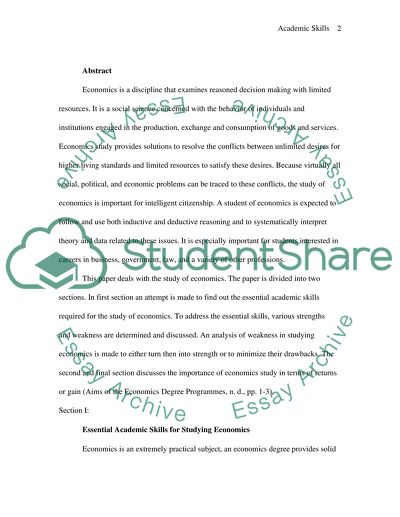Cite this document
(“Academic Skills Required for Study of Economics Essay”, n.d.)
Retrieved from https://studentshare.org/sociology/1526335-academic-skills-required-for-study-of-economics
Retrieved from https://studentshare.org/sociology/1526335-academic-skills-required-for-study-of-economics
(Academic Skills Required for Study of Economics Essay)
https://studentshare.org/sociology/1526335-academic-skills-required-for-study-of-economics.
https://studentshare.org/sociology/1526335-academic-skills-required-for-study-of-economics.
“Academic Skills Required for Study of Economics Essay”, n.d. https://studentshare.org/sociology/1526335-academic-skills-required-for-study-of-economics.


